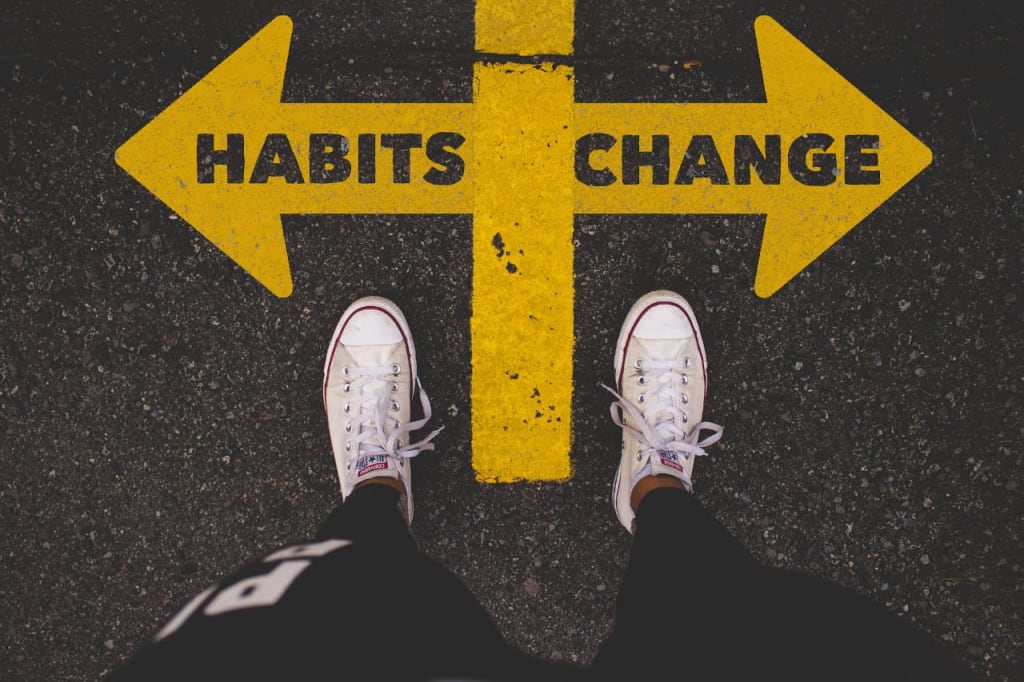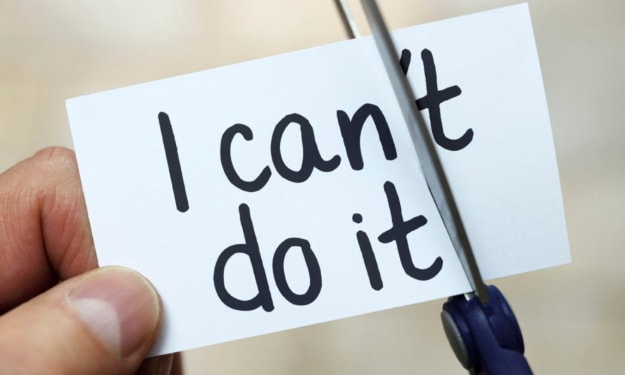The Psychology of Habits: Understanding the Science Behind Routine
Your routine is everything for a better and mentally healthier life.

Habits are an integral part of our daily lives, shaping our behaviors and influencing our outcomes. From brushing our teeth in the morning to scrolling through social media before bed, habits are deeply ingrained routines that we perform almost automatically. But have you ever wondered what drives our habits and how they impact our lives? In this article, we will delve into the psychology of habits, exploring the science behind routine and uncovering strategies to create positive habits that lead to success. Let's unravel the mysteries of habit formation and harness their power to transform our lives.
The Habit Loop:
At the core of habit formation lies the habit loop, a three-step process consisting of cue, routine, and reward. Understanding this loop is crucial to comprehending the science behind habits:
a. Cue: A cue is a trigger that signals the brain to initiate a particular behavior. It can be a specific time of day, an environmental cue, an emotional state, or even the presence of other people.
b. Routine: The routine is the behavior itself—the action that is performed in response to the cue. It can be something as simple as reaching for a cigarette, opening a book, or lacing up running shoes.
c. Reward: The reward is the positive reinforcement that follows the routine. It can be a sense of accomplishment, pleasure, relief, or any other gratifying feeling that reinforces the habit.
Habit Formation and the Brain: Our brains play a crucial role in habit formation. When a habit is repeatedly performed, neural pathways are reinforced, making the behavior more automatic and requiring less conscious effort. The basal ganglia, a part of the brain responsible for habit formation, is heavily involved in this process. Understanding the brain's role in habit formation empowers us to consciously shape our behaviors.
Creating Positive Habits:
a. Identify Triggers: Start by identifying the cues that prompt your existing habits. Is it a specific time of day, a particular location, or an emotional state? Recognizing the cues helps you become aware of the habits you want to change.
b. Replace the Routine: Once you've identified the cues, focus on replacing the routine with a positive behavior. For example, if the cue is stress, instead of reaching for unhealthy snacks, replace it with a stress-relieving activity like taking a walk or practicing deep breathing exercises.
c. Design the Reward: The reward is a crucial element in reinforcing habits. Identify and design rewards that are satisfying and meaningful to you. It could be something as simple as giving yourself a small treat or engaging in an enjoyable activity.
Real-Life Examples:
a. Exercise Routine: Sarah, a busy professional, struggled to incorporate exercise into her daily routine. She identified her cue as returning home from work and feeling fatigued. To replace her routine, she started going for a 30-minute walk around the neighborhood. The reward was the sense of accomplishment and increased energy she experienced. Over time, this routine became a positive habit that greatly improved her well-being.
b. Healthy Eating: John, a college student, wanted to develop healthier eating habits. He recognized that his cue was boredom during study breaks, which led to mindless snacking on junk food. To change this routine, he started keeping fresh fruits and vegetables within reach and replaced his routine of snacking with healthier options. The reward was feeling more energized and nourished, which motivated him to stick to his new habit.
Overcoming Habit Barriers:
a. Persistence and Consistency: Forming new habits takes time and effort. Stay persistent and consistent, even when faced with setbacks. It's normal to slip up occasionally, but the key is to get back on track and continue practicing the desired behavior.
b. Accountability and Support: Seek support from friends, family, or like-minded individuals who can hold you accountable and provide encouragement along your habit-forming journey. Consider joining groups or online communities focused on habit formation for added support and motivation.
Understanding the psychology of habits empowers us to take control of our behaviors and shape our lives for the better. By recognizing the habit loop, understanding the brain's role, and employing strategies to create positive habits, we can transform our routines and achieve remarkable results. Remember, habits are not permanent; they can be changed and replaced with conscious effort and perseverance. Embrace the power of habits and unlock your potential for personal growth and success.





Comments
There are no comments for this story
Be the first to respond and start the conversation.